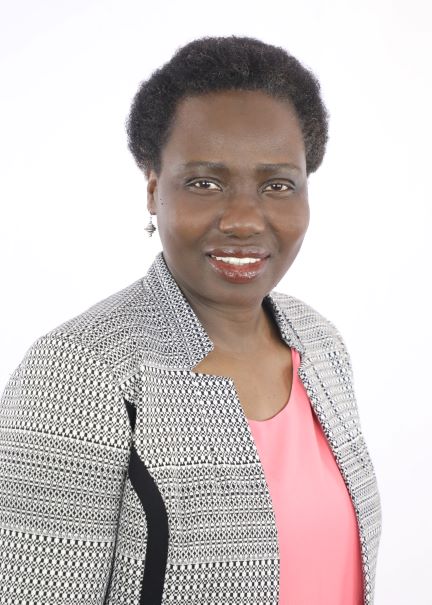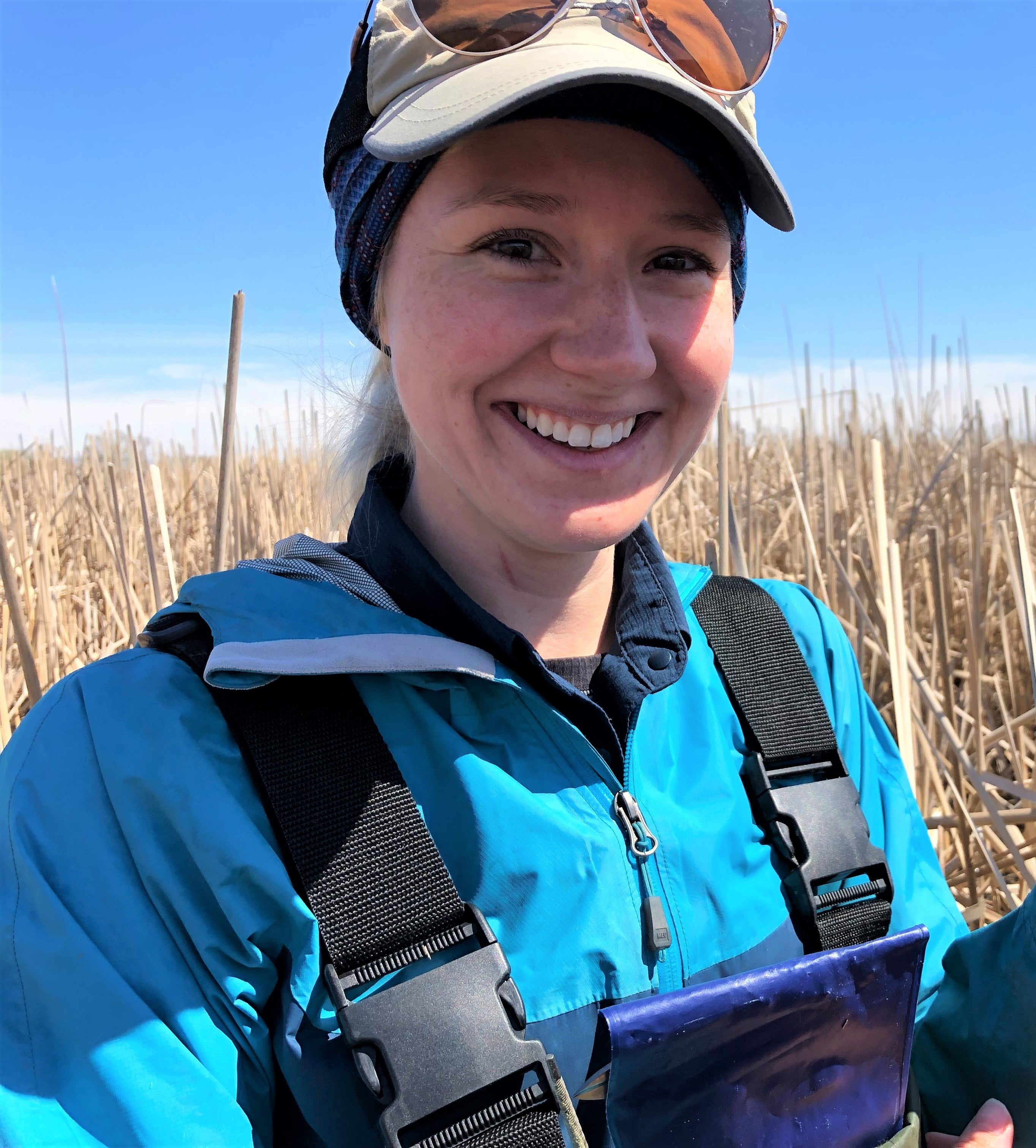We are pleased to announce that four new faculty have taken up positions in SERS since August 2022.

Dr. Felicitas Egunyu joined SERS in August 2022. Dr. Egunyu’s research is focused on sustainability issues and is grounded in the theory and practice of environmental governance, social impact assessment, science and policy integration, and social learning. She is interested in identifying how institutions can better represent and respond to under-represented groups and how such groups can be empowered to participate more effectively. Felicitas has fieldwork experience from Canada, Uganda, Kenya, Ethiopia and Chile.
Felicitas brings experience from working in the governmental (BC government), consulting (Golder Associates Ltd), and not-for-profit (International Union for the World Conservation of Nature) sectors. She is also an Adjunct Professor at the School of Environment and Sustainability, University of Saskatchewan.

Dr. Helena Shilomboleni joined SERS in September 2022. Dr. Shilomboleni’s research and teaching areas of expertise are agriculture and food security, with a specialization working with small-scale farmers in sub-Saharan Africa. She has fieldwork experience in Mozambique, Kenya, Ethiopia and Tanzania. Prior to her appointment at Waterloo, she held a Post-doctoral Fellowship with the formerly Consultative Group of International Agriculture Research (2019-2022) in Nairobi, Kenya, and a Professional Development Award with Canada’s International Development Research Center (2017-2018) in Ottawa. Her previous research and work also enabled her to engage different policy networks, including Global Affairs Canada and the Namibian Permanent Mission to the United Nations.
At Waterloo, she is looking to expand the scope of her work to examine digital agriculture in small-scale farming systems, rice value chains, and agricultural landscape restoration efforts for climate change adaptation. Helena serves as a Board member of the Canadian Association of Food Studies, is a Fellow at the Balsillie School of International Affairs and is cross appointed to the Department of Geography and Environmental Management at Waterloo.

Dr. Chantel Markle joined SERS in January 2023. Dr. Markle is a wildlife ecohydrologist and conservation biologist with expertise in the protection and management of threatened wildlife and wild spaces. She specializes in interdisciplinary and collaborative research, integrating a combination of spatial and landscape ecology, GIS, remote sensing, and hydrology approaches to drive evidence-based decision making in wildlife management and environmental policy.
The goal of Chantel’s interdisciplinary research program is to advance our knowledge and understanding of the spatiotemporal effects of climate change disturbances (e.g., wildfire, drought, weather whiplash) on the resilience and vulnerability of threatened wildlife and their habitats. This collaborative research supports evidence-based policies for the conservation and management of healthy reptile populations and habitat.
Her three main research themes include the effects of climate-mediated disturbances on habitat use and function; climate refugia: detecting and predicting change; and habitat restoration: enhancing resilience to climate change.
Chantel is cross appointed to the Department of Geography and Environmental Management at Waterloo.

Dr. Leah Jones-Crank joined SERS in July 2023. Dr. Jones-Crank is an interdisciplinary sustainability scholar whose research explores collaborative governance within the food-energy-water nexus for improved management, governance, and decision-making for integrated resource management and sustainability. She examines how such collaborative governance approaches can improve pathways to address challenges of drought and water stress in the face of climate change. Her work employs a variety of social science methods, including stakeholder engagement, case study investigation, institutional analysis, and qualitative inquiry. She focuses on urban spaces and has fieldwork experience in cities in the Southwestern US, South Africa, and Singapore.
The goal of Leah’s research program seeks to advance knowledge on cross-sectoral and nexus governance approaches and on how such collaborative governance connects to environmental and management outcomes, using interdisciplinary approaches. This research supports efforts for moving collaborative resource governance from theory to practice.